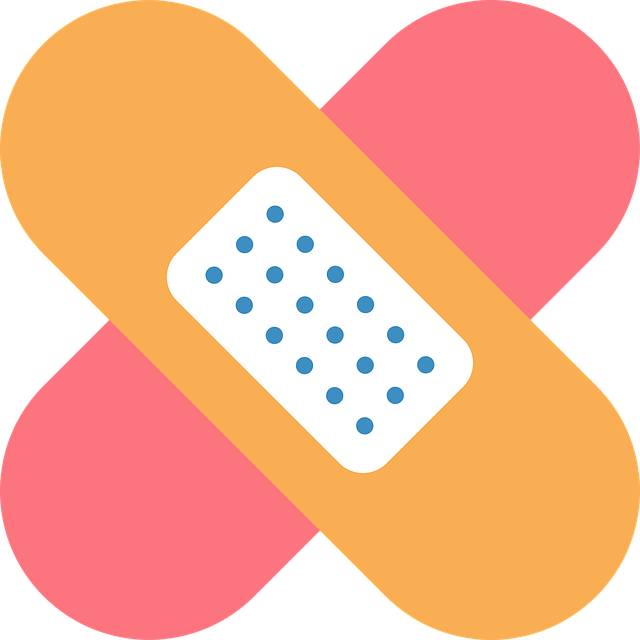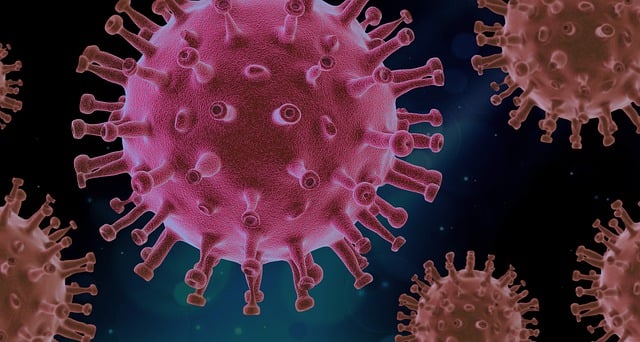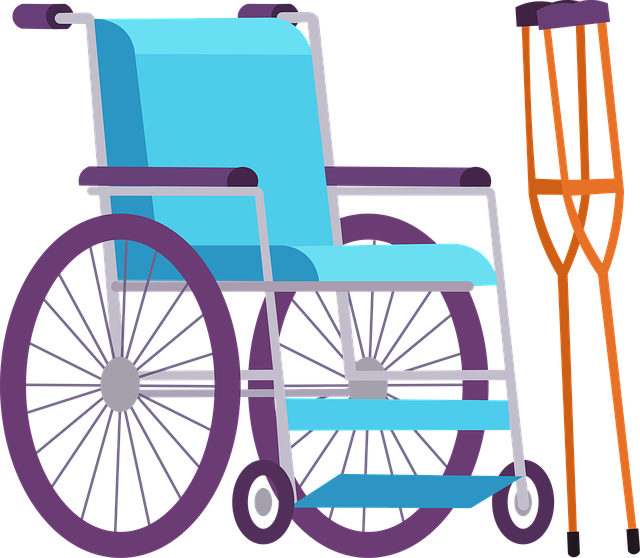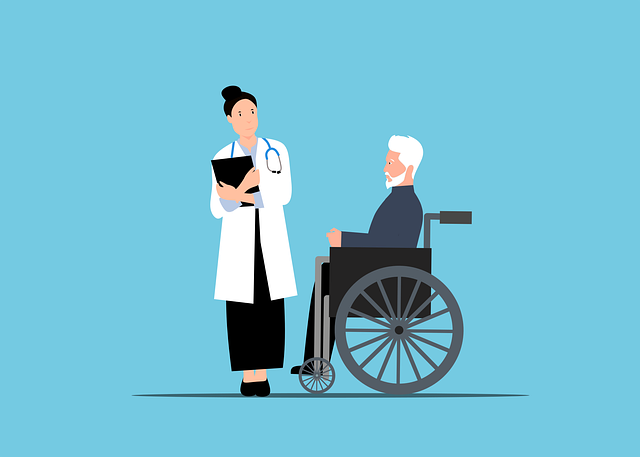Medical Aid in South Africa offers comprehensive health coverage as a not-for-profit organisation, aiming to cover all healthcare needs rather than specific events, unlike Health Insurance. It's funded by member premiums and employer contributions, promoting proactive health management through incentives. This holistic approach makes Medical Aid a popular choice for robust healthcare protection. Understanding the distinction between Medical Aid and Health Insurance is crucial when navigating South Africa's healthcare system, as they differ significantly in structure and benefits, impacting informed decision-making regarding Medical Aid Vs Health Insurance.
In navigating South Africa’s healthcare landscape, understanding the nuances between medical aid and health insurance is crucial. This comprehensive guide, backed by expert opinion, demystifies these two essential components of healthcare coverage. We delve into the intricacies of medical aid, its benefits, and how it differs from health insurance, offering a clear view of what each provides. By the end, readers will be equipped to make informed decisions regarding their healthcare security in South Africa.
- Understanding Medical Aid: A Comprehensive Overview
- Decoding Health Insurance: What You Need to Know
- Key Differences: Unraveling the Distinctions Between Medical Aid and Health Insurance in South Africa
Understanding Medical Aid: A Comprehensive Overview

Medical Aid in South Africa is a form of private health coverage designed to provide comprehensive medical care and support to its members. It operates as a not-for-profit organisation, with contributions from members and employers funding healthcare services. Members typically pay monthly or annual premiums, which grant them access to a network of hospitals, doctors, and specialists. The plan offers a range of benefits, including outpatient and inpatient treatment, preventive care, prescription drugs, and sometimes even mental health services.
Unlike Health Insurance, Medical Aid is not solely focused on insuring against specific diseases or medical events. Instead, it aims to cover the full spectrum of healthcare needs, offering members peace of mind knowing they have access to quality medical care when required. The system encourages proactive health management by rewarding members who maintain healthy lifestyles through incentives and reduced co-payments for preventive treatments. This comprehensive approach sets Medical Aid apart from Health Insurance in South Africa, making it a preferred choice for many individuals and families seeking robust healthcare coverage.
Decoding Health Insurance: What You Need to Know

Understanding health insurance is crucial when navigating the complex landscape of healthcare in South Africa, especially when differentiating it from medical aid. Many people use these terms interchangeably, but they represent distinct concepts with unique implications for policyholders. Health insurance, in its basic form, is a type of coverage that helps manage healthcare costs by compensating individuals or providers for specific medical services. It’s designed to ensure accessibility to treatment and care without causing significant financial strain.
When considering Medical Aid Vs Health Insurance, it’s essential to recognize their differences. Medical aid schemes are typically long-term savings plans where members contribute regularly to a pool of funds. These contributions enable individuals to access a network of healthcare providers who have agreed to charge reduced rates. In contrast, health insurance policies offer immediate coverage for specific medical events or conditions, with premiums often calculated based on individual risk factors. Deciphering these differences is vital to making informed decisions regarding one’s healthcare and financial security in South Africa.
Key Differences: Unraveling the Distinctions Between Medical Aid and Health Insurance in South Africa

In South Africa, understanding the nuances between medical aid and health insurance is crucial for individuals looking to make informed decisions regarding their healthcare coverage. While both concepts are integral to managing healthcare costs, they serve distinct purposes and operate under different frameworks. Medical aid is a form of private health cover offered by employers or purchased individually, focusing on providing access to a network of hospitals and specialists. It typically includes benefits like chronic disease management, inpatient care, and sometimes even wellness programmes. On the other hand, health insurance is a government-mandated scheme designed to offer basic healthcare coverage to all citizens, ensuring that everyone has access to essential medical services without facing financial hardship.
The key differences lie in their structure and scope. Medical aid schemes tend to be more comprehensive, offering a wide range of services and often including prescriptive medication benefits. They are generally more flexible in terms of choice of healthcare providers. In contrast, health insurance focuses on ensuring affordability and accessibility of basic healthcare services, with a specific set of benefits that may vary across different plans. When considering Medical Aid Vs Health Insurance, it’s essential to evaluate personal healthcare needs, budget, and the level of coverage required to make an informed choice.
When it comes to medical aid vs health insurance in South Africa, understanding the distinctions is key. While both provide financial protection for healthcare costs, their operational models and benefits differ significantly. This guide has demystified medical aid plans, focusing on their comprehensive coverage and contribution-based system. Health insurance, on the other hand, offers more flexible options with various policies catering to diverse needs. By clarifying these differences, individuals can make informed decisions, ensuring they receive optimal healthcare support tailored to their unique circumstances in South Africa’s evolving healthcare landscape.







